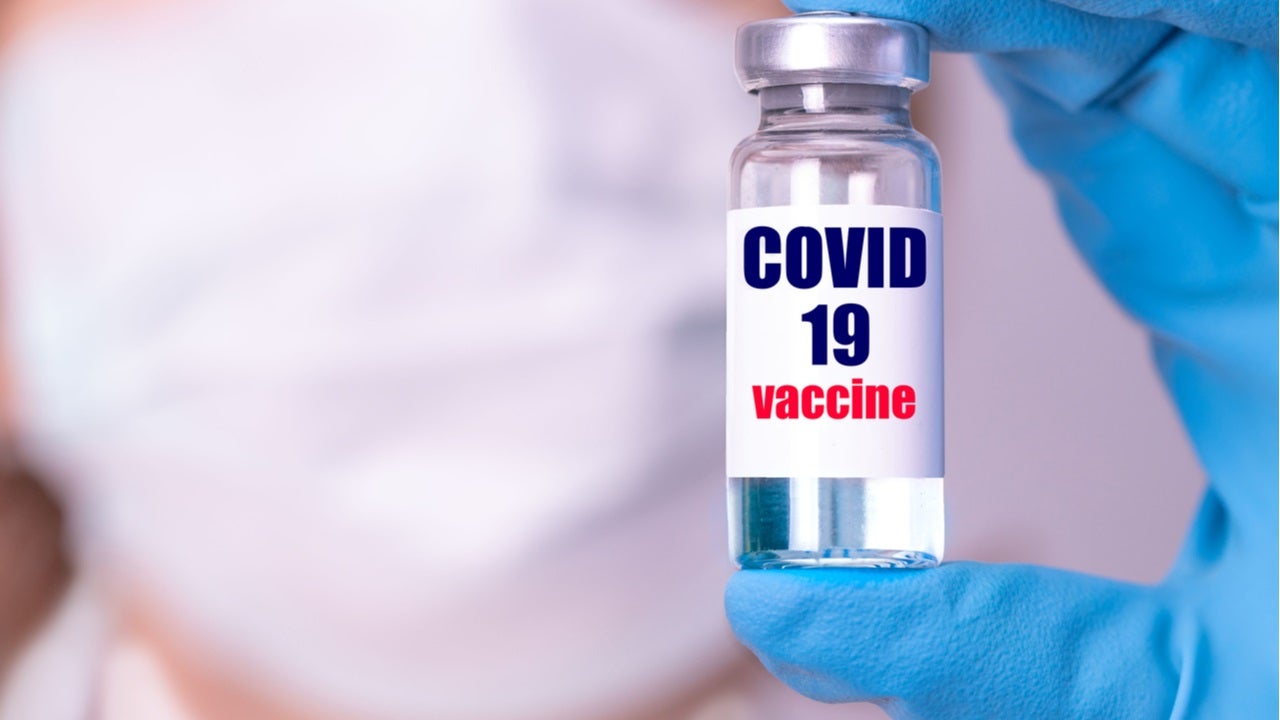
An effective vaccine against the Covid-19 virus is the best way to curb the pandemic. Although many companies and countries are surging ahead with the development efforts, the question about how the vaccine will be distributed across the world remains. Macroeconomic influencers share their views on the Covid -19 impact.
Adam Tooze
Adam Tooze, director of European Institute, shared an article on how a vaccine is the best solution to curbing the Covid-19 pandemic yet it is triggering a new set of problems. The US has already declined to participate in the UN sponsored COVAX programme.

Discover B2B Marketing That Performs
Combine business intelligence and editorial excellence to reach engaged professionals across 36 leading media platforms.
Further, countries across the world are moving ahead with their own vaccine development programmes. Russia, for example, approved an unproven vaccine, while China has approved the use of a vaccine for its military.
The article notes that the real problems will arise when a vaccine becomes available. Governments of rich countries have already signed agreements to procure four billion doses of vaccines. A lack of equitable distribution may damage the reputations of the countries who try to monopolise the vaccine, the article added.
Wealthy countries representing just 13 % of world’s population have bought 51% of the leading corona vaccine candidates’ promised doses.@Oxfam @StatistaChartshttps://t.co/BtNGudaoPp
Prudence as well as justice should dictate a fairer distribution.https://t.co/XIb1KVR96m pic.twitter.com/D1DVmeZ9gF— Adam Tooze (@adam_tooze) September 23, 2020
 GlobalData Strategic Intelligence
GlobalData Strategic IntelligenceUS Tariffs are shifting - will you react or anticipate?
Don’t let policy changes catch you off guard. Stay proactive with real-time data and expert analysis.
By GlobalData
Prof. Steve Hanke
Prof. Steve Hanke, economist at Johns Hopkins University, shared an article on how South Dakota adopted Sweden’s no lockdown approach. The unemployment rate reached 10.6% and the death rate was similar to neighbouring states, he added.
The article notes that the state adopted a non-interventionist approach to handling the pandemic by trusting its citizens to use common sense in practicing good hygiene and social distancing. People aged above 65, however, were ordered to stay at home.
The state also did not enforce a mask wearing policy similar to Sweden permitting local authorities to make the decisions. The article notes that despite the free approach used by the state, the number of deaths and infections were low compared to other states questioning the effectiveness of lockdown measures.
South Dakota is the fifth least densely populated state in the US.
#SouthDakota adopted the same No-#Lockdown approach as #Sweden against #COVID. As a result, its unemployment peaked at only 10.6%, with no higher death rates than neighboring states. No matter where, #Freedom is always a winner.https://t.co/J3893vga8d
— Prof. Steve Hanke (@steve_hanke) September 23, 2020
Ian Bremmer
Ian Bremmer, a political scientist and author, shared an article on how the UK now has the fifth highest death toll due to Covid-19. The country is experiencing a second wave of infections, which has led the government to impose a new set of restrictions to curb the spread of the virus.
The restrictions include limits on the number of people who can attend a social gathering and re-imposition of work from home orders. These measures are also expected to be imposed in Northern Ireland, Scotland and Wales.
The UK now has the fifth highest #COVID19 death toll in the world. Boris says the UK is now seeing a second wave. #WhatWeAreWatching @gzeromedia https://t.co/ZJLT1UpMxO
— ian bremmer (@ianbremmer) September 23, 2020
James Picerno
James Picerno, editor of US Business Cycle Risk Report, shared an article on how majority of the people in the US are expected to be vaccinated by July 2021. Approximately 700 million doses of vaccines are expected to be available by March or April, according to the U.S. Centers for Disease Control and Prevention (CDC).
Officials from Operation Warp Speed will be responsible for deciding how the vaccines are allocated.
https://twitter.com/jpicerno/status/1308819792489521152



